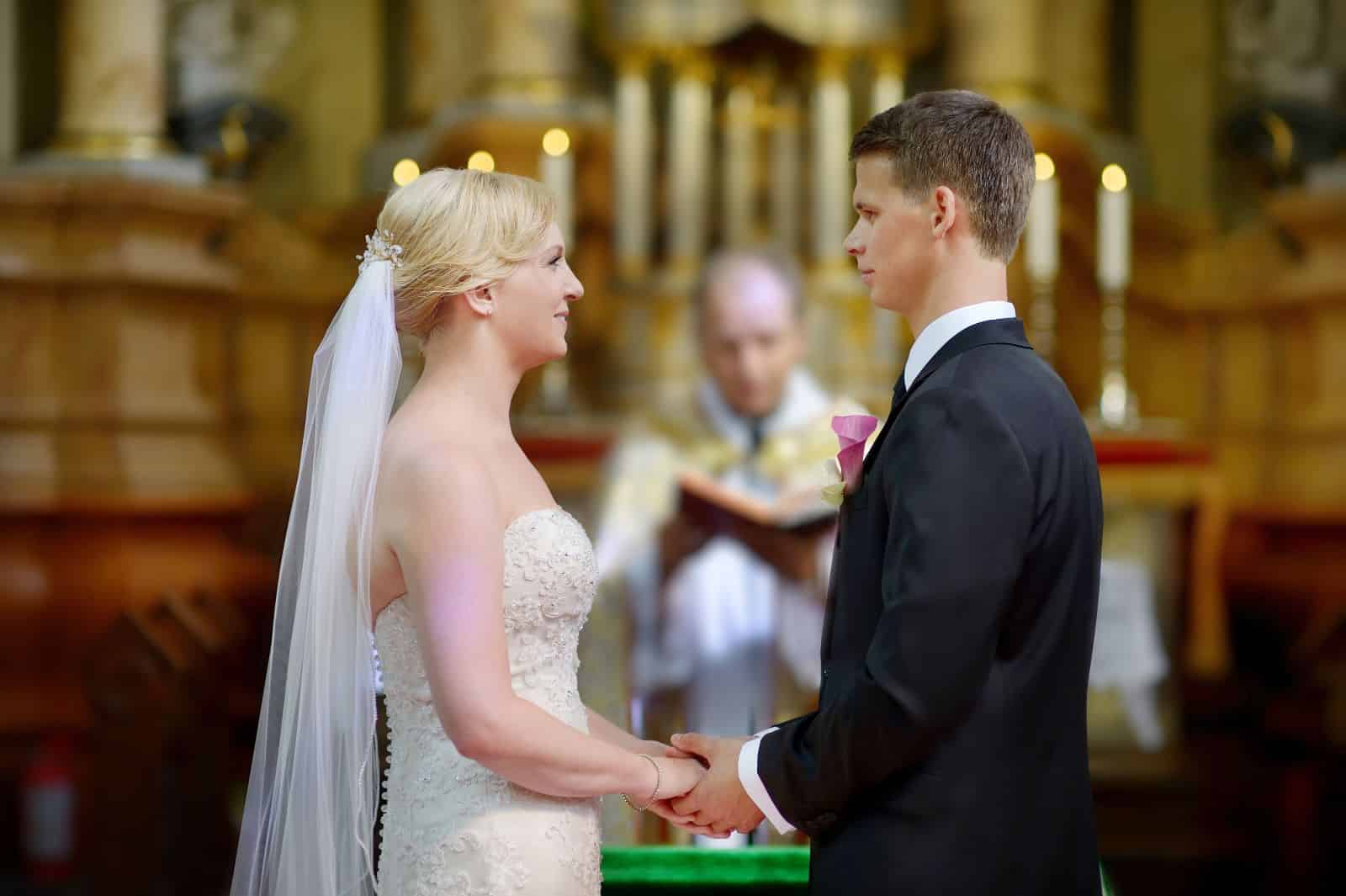How has the Bible influenced American views on gender equality, and why does this matter today? As a society that strives for equality, understanding historical perspectives is crucial to addressing ongoing issues.
1. Male Headship

The Bible explicitly places men in positions of authority over women, especially within family and church structures. This has historically influenced laws and social norms that prioritize male leadership.
2. Women’s Silence in Church

Verses in the New Testament instruct women to remain silent in churches and not to hold authority over men, reinforcing gender roles that limit women’s participation in spiritual leadership.
3. Women as Property

In the Old Testament, women are often listed among a man’s possessions, reflecting societal norms that treated women as property rather than individuals with their own rights.
4. Punishment for Adultery

The penalties for adultery were disproportionately harsh for women, exemplifying a double standard in moral and legal expectations that persisted into modern legal systems.
5. Polygamy Endorsement

The Bible contains numerous accounts of men with multiple wives, suggesting a societal acceptance of polygamy that devalues the exclusive commitment to one woman.
6. Father’s Authority Over Marriage

Daughters in the Bible could be given away in marriage by their fathers, emphasizing a lack of agency for women in choosing life partners.
7. Women’s Vow Subservience

The Old Testament permits a father or husband to annul a woman’s vows, highlighting a systemic lack of respect for women’s autonomy and decision-making.
8. Female Purity Emphasis

The emphasis on virginity and purity for women, especially before marriage, has contributed to a culture of shaming and moral judgment that persists in various forms today.
9. Widow Discrimination

Widows often faced dire economic and social consequences, indicating a societal failure to provide support for women without a male protector.
10. Childbearing as a Duty

Scriptures frequently cite childbearing and motherhood as a woman’s primary role, limiting perceptions of women’s worth to their reproductive capabilities.
11. Woman’s Creation From Man

The Biblical account of woman being created from man for the purpose of companionship often justifies secondary roles for women in society and marriage.
12. Clothing Restrictions

Specific admonitions about how women should dress are often interpreted as means of controlling women’s expressions of identity and autonomy.
13. Lesser Inheritance Rights

The Old Testament often grants daughters lesser inheritance rights compared to sons, if any at all, which impacts economic independence and status.
14. Beauty as Value

Beauty is frequently highlighted as a primary value for women, overshadowing other qualities and achievements in narratives and teachings.
15. Divorce Disparities

Women’s rights in divorce are not equally supported in the Bible, often leaving women economically vulnerable and socially stigmatized.
16. Submission to Husbands

The New Testament’s calls for wives to submit to their husbands have been used to justify domestic inequality and even abuse.
17. Rape Victim Blaming

Laws in the Old Testament sometimes blame rape victims, requiring them to marry their assailants, a stark example of victim-blaming that influences attitudes to this day.
18. Silence on Women’s Rights

The absence of a clear, strong stance on women’s rights in the Bible leaves room for interpretations that perpetuate gender inequality.
19. Women as Temptresses

The depiction of women as temptresses, from Eve onward, has been used to justify restrictive norms and blame women for men’s actions.
20. Leadership Role Restrictions

Restrictions on women’s roles in religious leadership have long-lasting effects on gender equality in religious and community leadership across the U.S.
Closing Thoughts

Understanding these Biblical interpretations is key to addressing how deeply ingrained gender norms continue to affect American society. By critically examining these texts, we can challenge and redefine our understanding of gender roles for a more equitable future.
The post 20 Ways the Bible Tells Americans: Women Aren’t Equal first appeared on Pulse of Pride.
Featured Image Credit: Shutterstock / ViChizh.
For transparency, this content was partly developed with AI assistance and carefully curated by an experienced editor to be informative and ensure accuracy.

